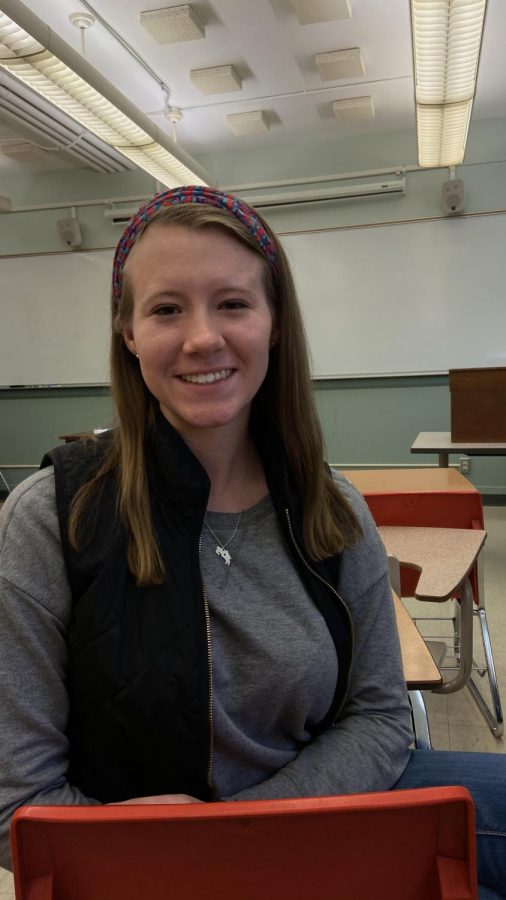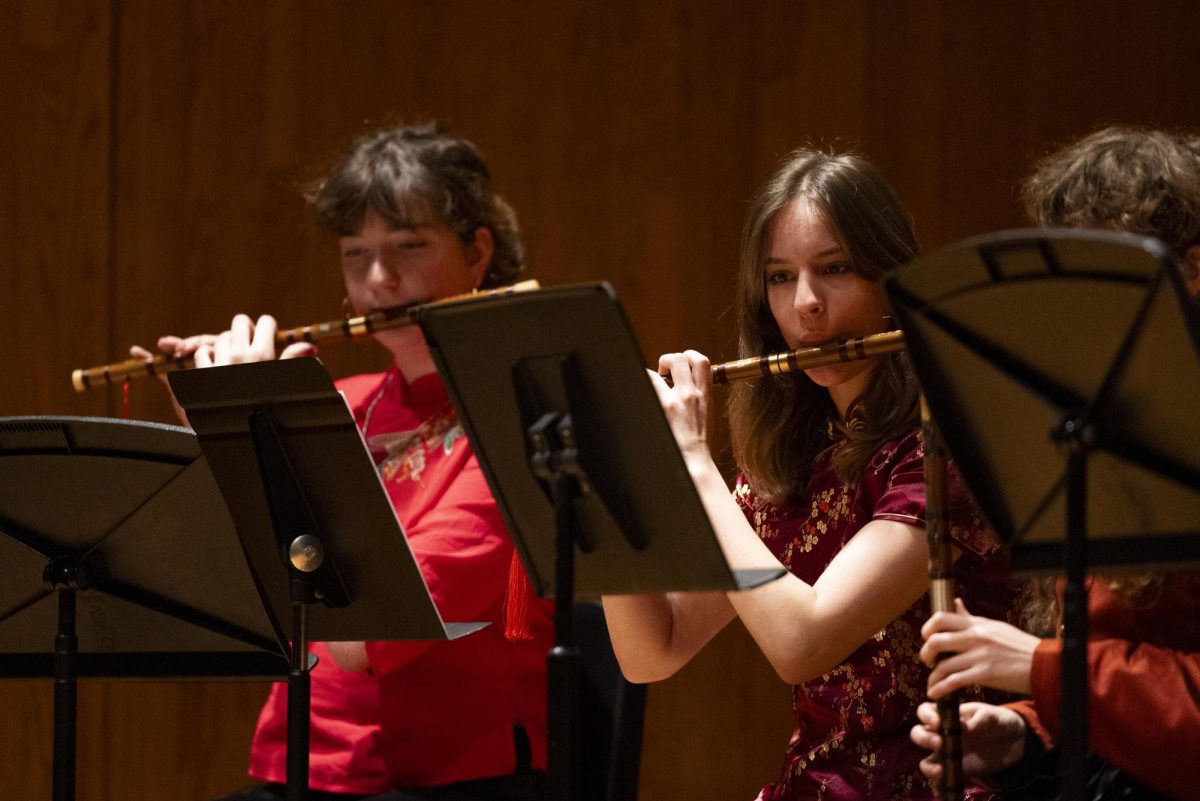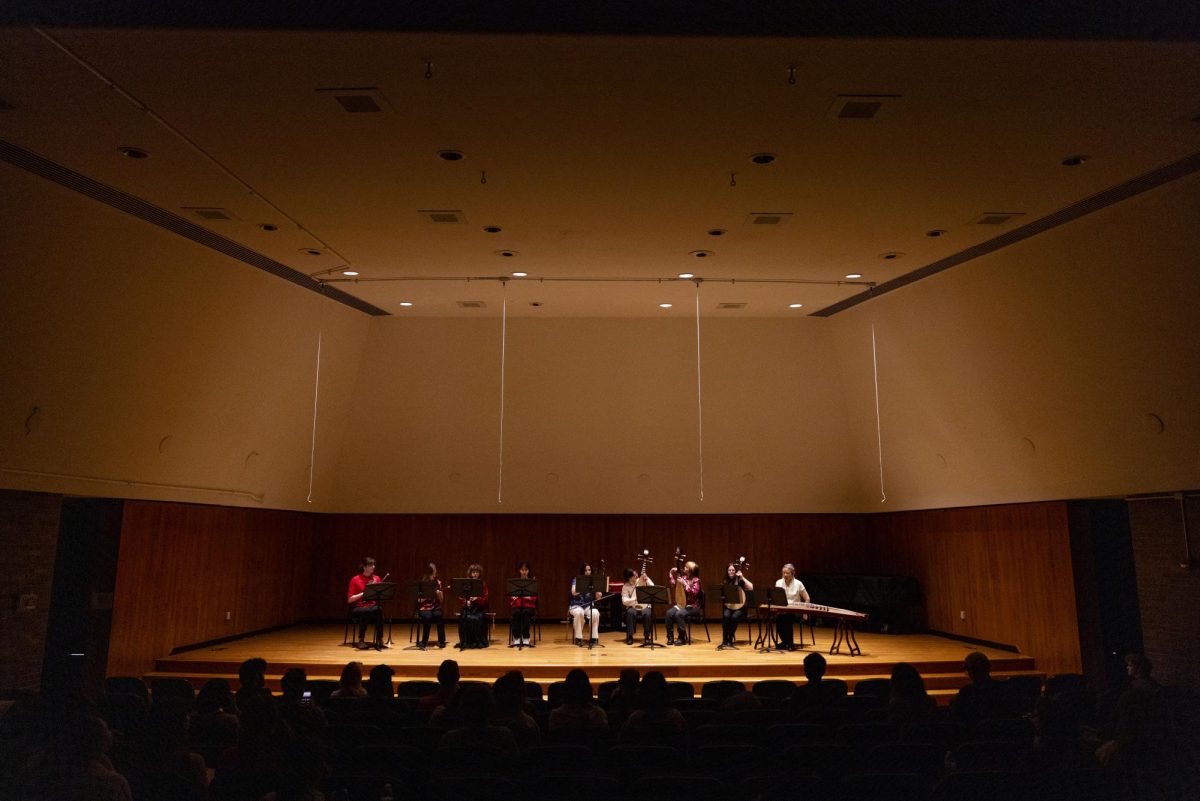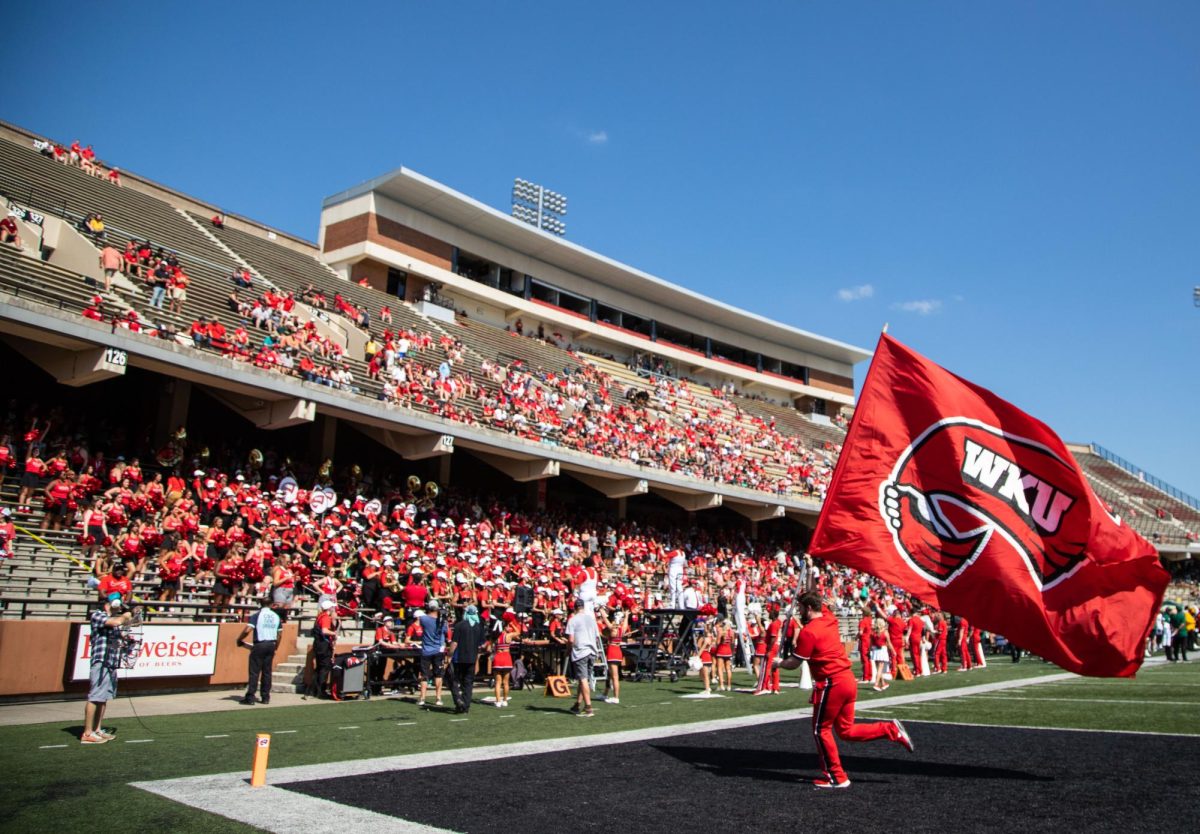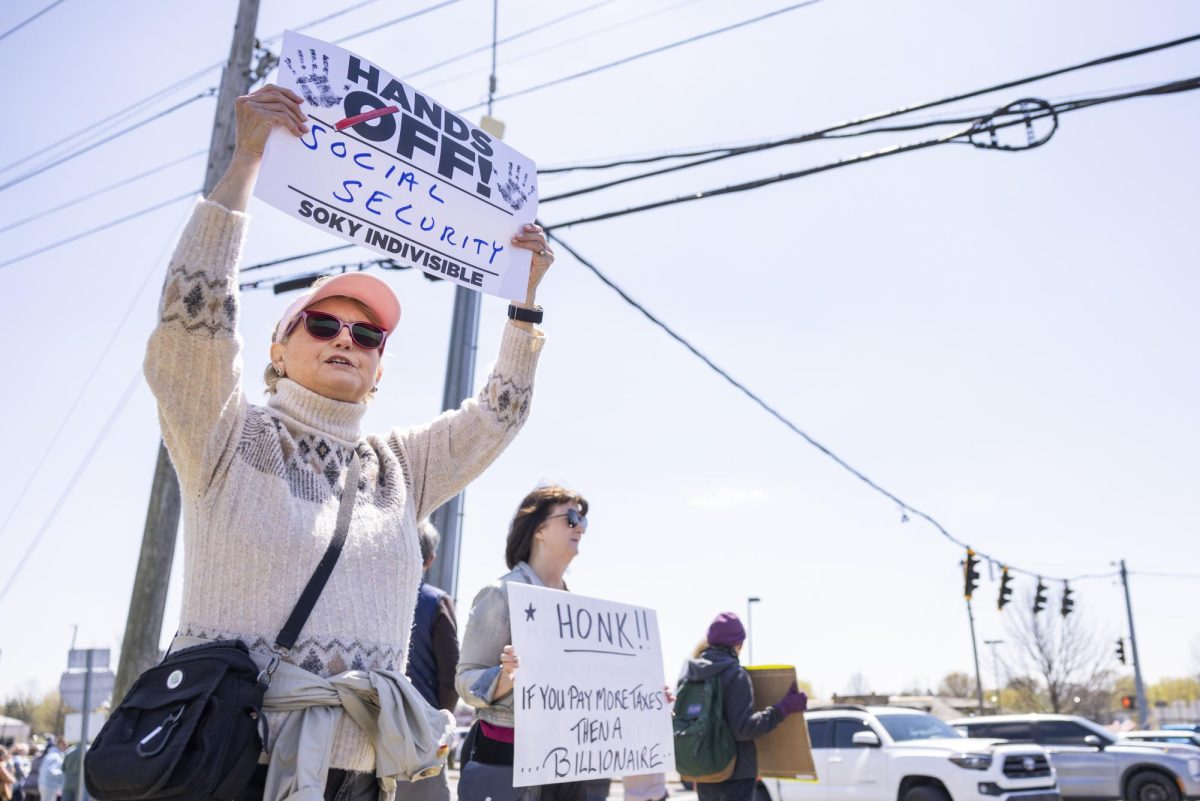‘What does it mean?’: Students voice opinion on recanvassing
November 15, 2019
Incumbent Gov. Matt Bevin lost his reelection bid to former Democratic Attorney General Andy Beshear last Tuesday, Nov. 5. After losing the race by a slim margin of just over 5,000 votes, Bevin called for a recanvass.
Following Bevin’s request, all 120 of Kentucky’s county clerk offices convened to recanvass the votes on the morning of Nov. 14. The recanvass comes over a week after Election Day, meaning Kentuckians have had plenty of time to throw the word around.
But what does it really mean to have a recanvass?
A recanvass is simply a review and reprint of the vote totals from each county, which verifies those numbers match the numbers reported to the state on the night of the election. Historically, recanvasses have never changed the outcome of an election in Kentucky.
With one of the key issues of the governor’s race being higher education, college students were part of the election. However, according to junior Lilly Golden, interest in the election dropped off after Beshear declared his win.
“Beshear won pretty handily,” Golden said. “Even if some numbers did change, the populated areas in Kentucky turned out blue. That’s not going to change.”
Golden was not the only student to express a lack of knowledge about the recanvass, as Bowling Green sophomore Landon Lawrence said he is unfamiliar with what a recanvass entails.
“I don’t even know what it is,” Lawrence said. “I was so confident in the results that I just didn’t pay attention.”
A lot of students expressed knowledge about the results of the election, but almost no one knew what the recanvass meant.
“I had no clue that was even happening,” Knoxville, Tennessee, junior Logan Kael said. “What does it mean?”
After being told it’s essentially a step below a recount, Kael and her friend Hallie Shelton, a junior from Lexington, expressed a lack of concern.
“It sounds like the most that could happen would be a minor miscount,” Shelton said.
And she was right. After the results of the recanvass were reported, the only difference in the votes was a previously uncounted write-in candidate from Casey County.
Although the recanvass did not reflect any change in the election, junior Sheridan Rosser expressed worry about the political process.
“It’s just Bevin being Bevin — he wants to make sure he lost,” Rosser said. “You never know, something could change, so it’s important that it’s followed through, at least.”
Business administration major Tony Beilman knew more about the recanvass than some of his peers. He even expressed distaste with Bevin for pursuing the recanvass.
“Beshear definitively beat Bevin, and now Bevin is grasping at straws, trying to do whatever he can,” Beilman said. “I mostly know what it is, and I highly doubt it will change the results.”
Most students came to understand the recanvass, and they all seemed to agree with one another that it would not be effective in changing any results of the election. Freshmen Bjanka Bulut and Ashley Pannell remained confused about Bevin’s call for a recanvass.
“We just turned 18,” Bulut said. “And I’m not even a citizen — I’m here on a green card — but it doesn’t sound like anything could change.”
Pannell agreed, saying she knew about the debated issues of the race but is more into national politics, which she feels are more important.
“I know that the teachers went on strike, but I haven’t kept up with it, because I wasn’t even voting,” Pannell said.
The students’ predictions were solidified the afternoon of Nov. 14, as Bevin conceded the election to Beshear. The results of the election remained unchanged after the recanvass.
Features reporter Julianna Lowe can be reached at julianna.lowe253@topper.wku.edu.



